British police and armed forces could be guaranteed uninterrupted access to the encrypted signal of the European Unions Galileo satellite system, it has emerged, as Brussels negotiators consider a unique deal for the UK on the project after Brexit.
The EU’s chief Brexit negotiator, Michel Barnier, is mulling an offer on the satellite project that would put the UK on better terms than other third-party countries over use of the encrypted service, according to diplomatic sources.
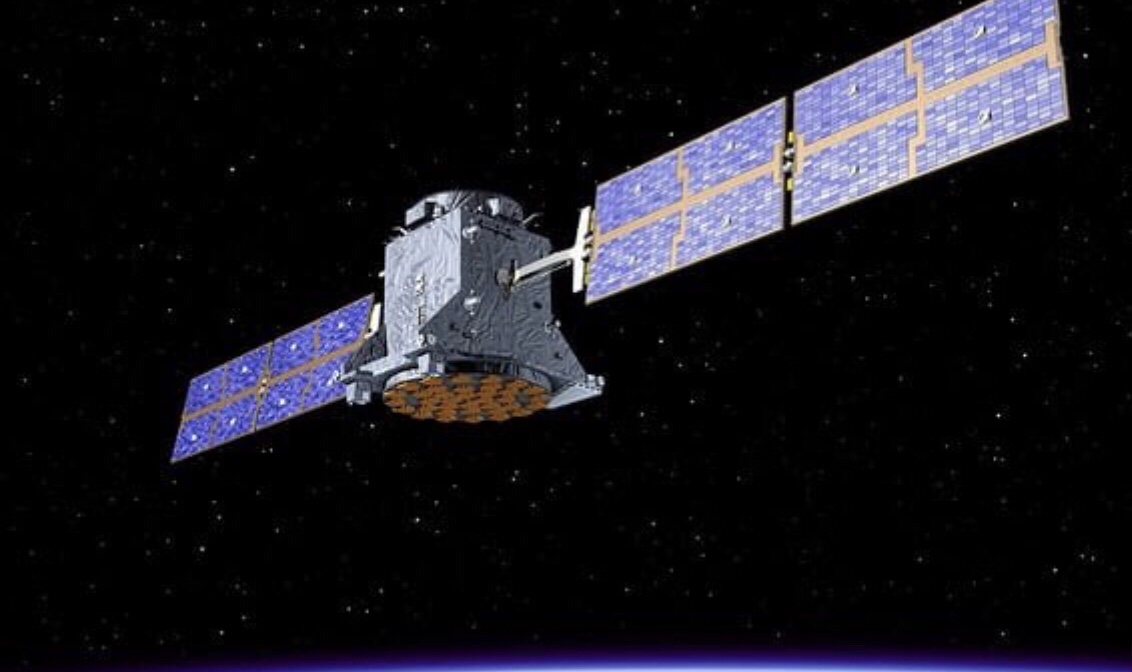
The plans, which are still on the drawing board, suggest a bit more flexibility than Barnier’s public position that the UK would be tretaed like any other non-EU country.
But in a blow to the government, the EU has not budged in its insistence that UK-based firms should be excluded from building modules for the secure signal,
Conceived as the EU’s answer to the US global positioning system (GPS) and Russia’s global navigation and satellite system (Glonass), the €9.7bn (£8.6bn) Galileo project now has 26 satellites orbiting the globe, providing free global positioning to smartphone companies, app developers and search and rescue services anywhere in the world.
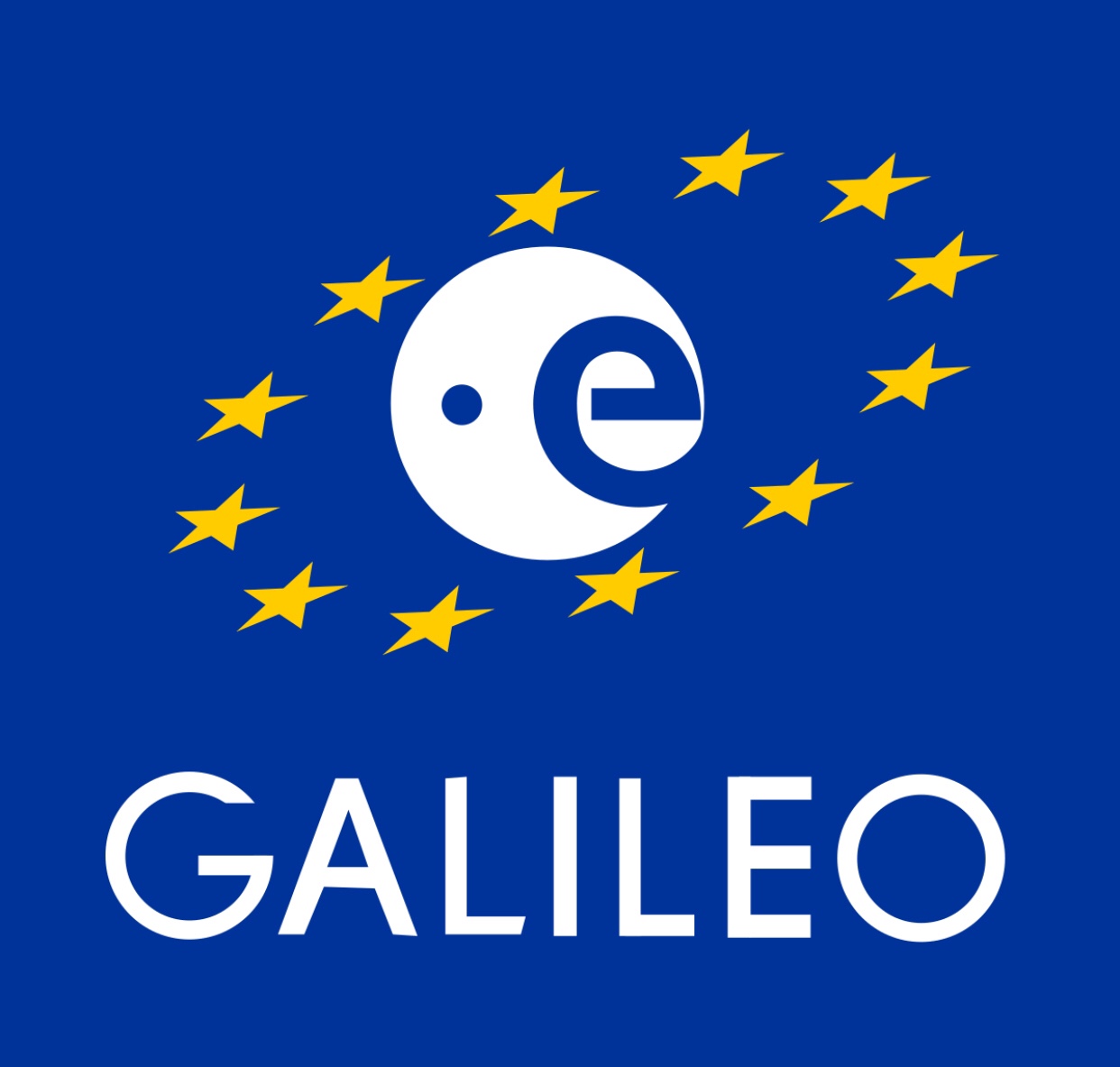
At the heart of the Brexit clash is Galileo’s public regulated service (PRS), the encrypted signal that cannot be jammed by hostile powers. The PRS can be used by governments during national emergencies, such as terrorist attacks, and allows the military to plan operations and guide missiles. Barnier has said he wants a partnership with the UK over the “most sensitive signal”, but it now emerges the commission could go a step further.
At a closed-door meeting last month, the commission floated the idea of involving British officials in decision-making over any restrictions on the PRS. “To me this is not heresy, this is the logical consequences of a close partnership on security,” said one source.
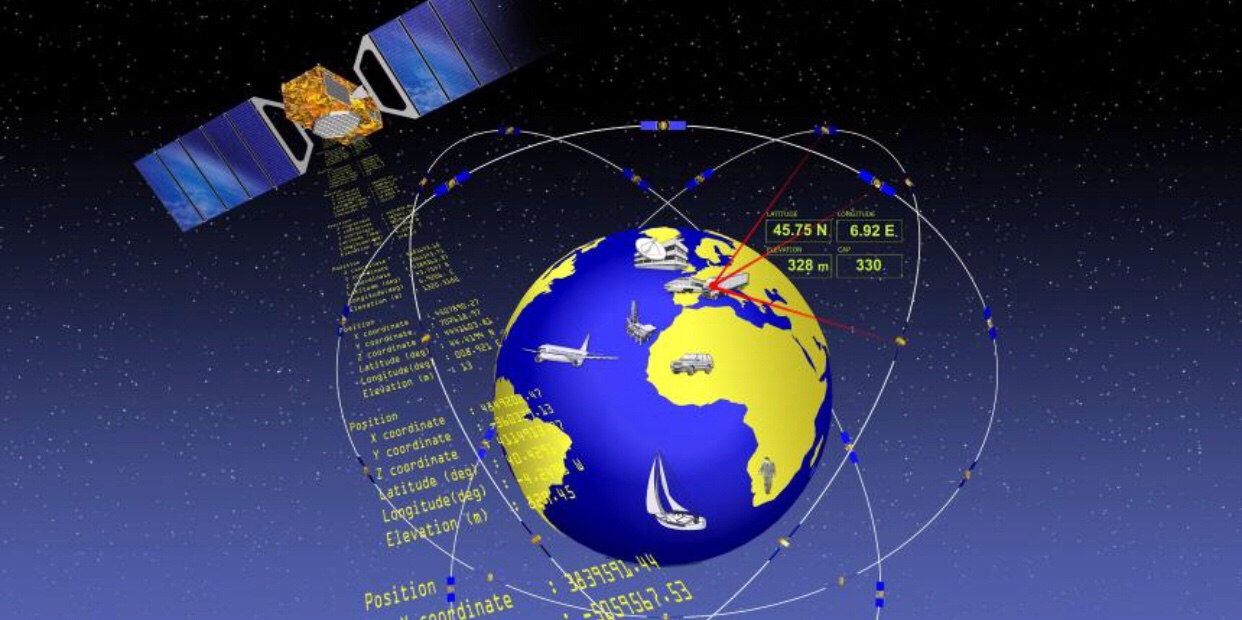
Another official said the UK could be offered a guarantee not to be “cut off in any circumstances”, albeit stressing none of the ideas had been agreed among EU member states.
The UK was once sceptical about Galileo, which used to be referred to in British official circles using the uncomplimentary term “the common agricultural policy in space”. Having spent £1.2bn on Galileo, the UK wants to ensure access on the same terms after Brexit to prevent British-based space companies moving operations to the continent.
The government has said that UK-based firms must have the right to “compete fairly for PRS-related contracts” and has threatened to walk away from Galileo and build its own satellite system unless this demand is met.
Source: The Guardian
First hat trick in MLS – and his fastest ever in career.

“He is completely unstoppable,” writes Sportsnet. The striker did a hat trick at the home meeting with Orlando City and created all four goals when LA Galaxy won 4-3.
Three goals in 24 minutes are also his fastest hattrick in his career.
Zlatan has now scored 17 goals in 19 games in MLS.

Zlatan is the best goal scorer ever, says football journalist Will Parkman. This is the percentage of how in many played matches he has scored goals during his career. The figures are completely crazy: Sweden: 40 percent. The Netherlands: 47 percent. Italy: 59 percent. Spain: 55 percent. France: 92 percent. USA: 75 percent”, Parkman continues. Nobody has numbers like that, Ibrahimovic is the best.
Head of the Saudi Customs Authority governor Ahmad bin Abdel Aziz Al-Haqbani inaugurated the Risk Management and Targeting Center.
The center would seek to enhance the effectiveness of the customs’ risk management and develop a mechanism for targeting risks and threats through land, sea and air customs ports.
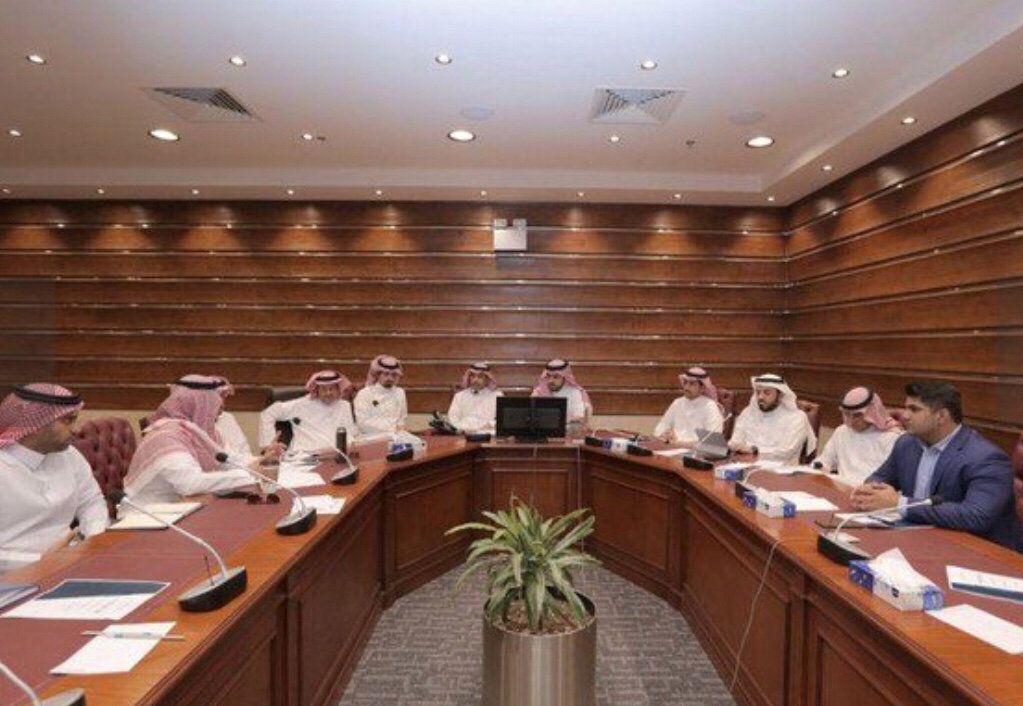
In addition, it would work on assessing possible threats and develop an effective strategy for potential risks and impacts associated with ports.
Al-Haqbani said establishing a center of this type falls in line with efforts of the Saudi Customs to achieve its strategic goals by transferring risk management from intensive targeting to smart targeting, through the analysis of cargo data and information.
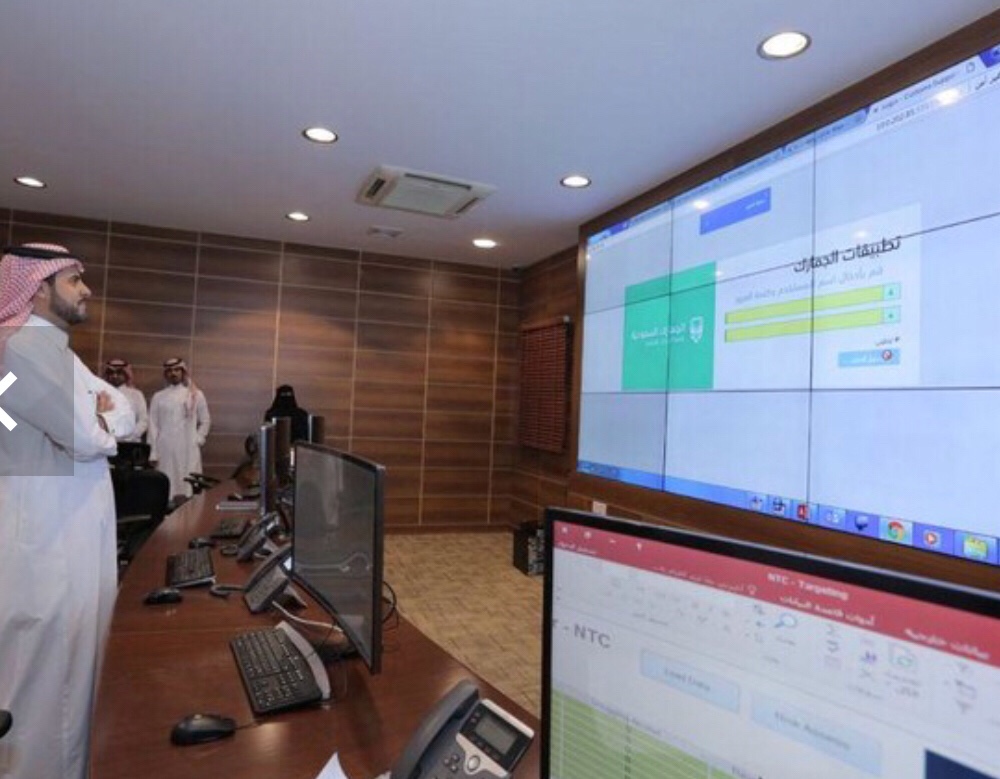
He noted that this project will work on easing obstacles that face all customs work, and find sciatic solutions that would contribute to speeding up and increasing flexibility of the flow of imports, as well as reducing smuggling.






You must be logged in to post a comment.